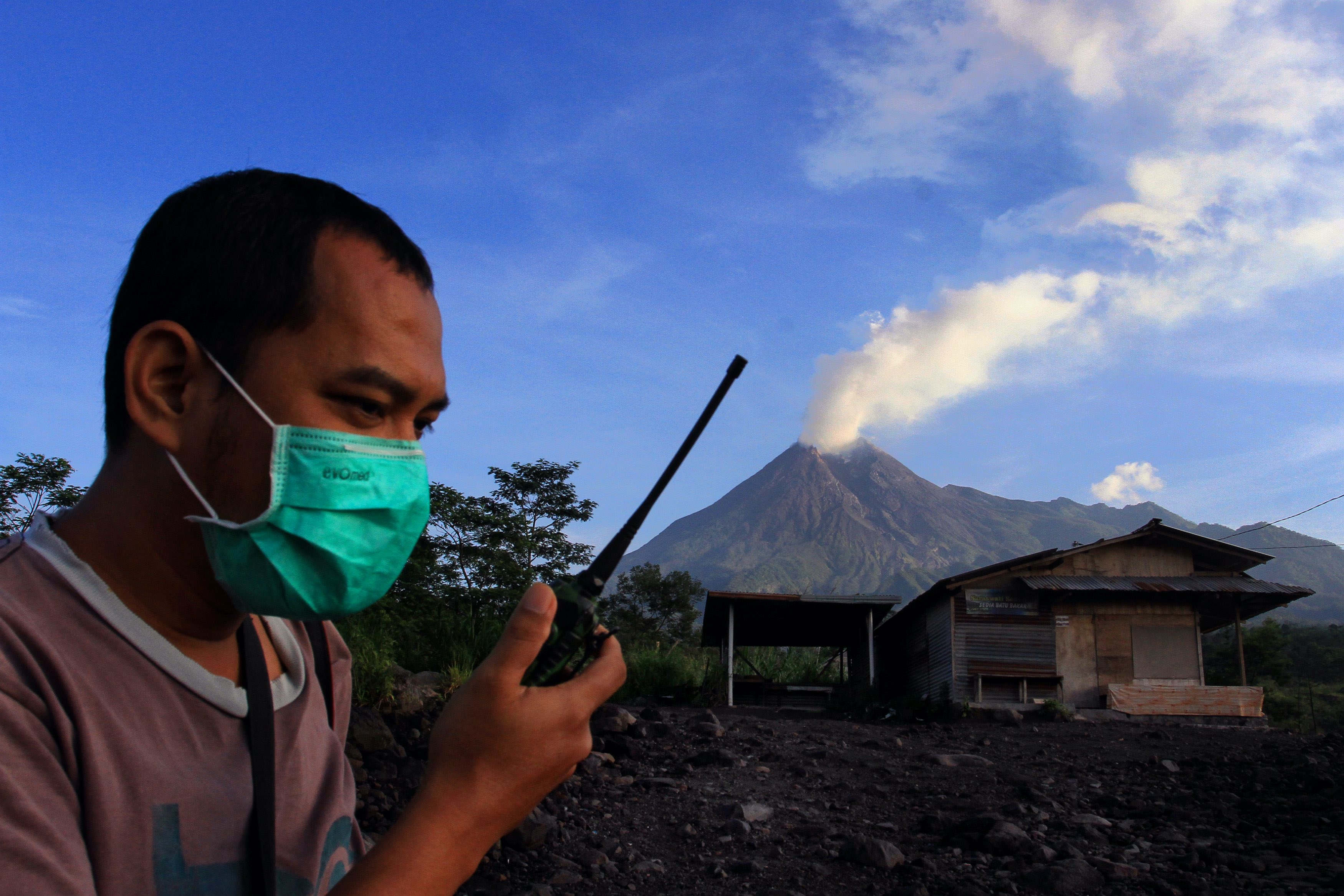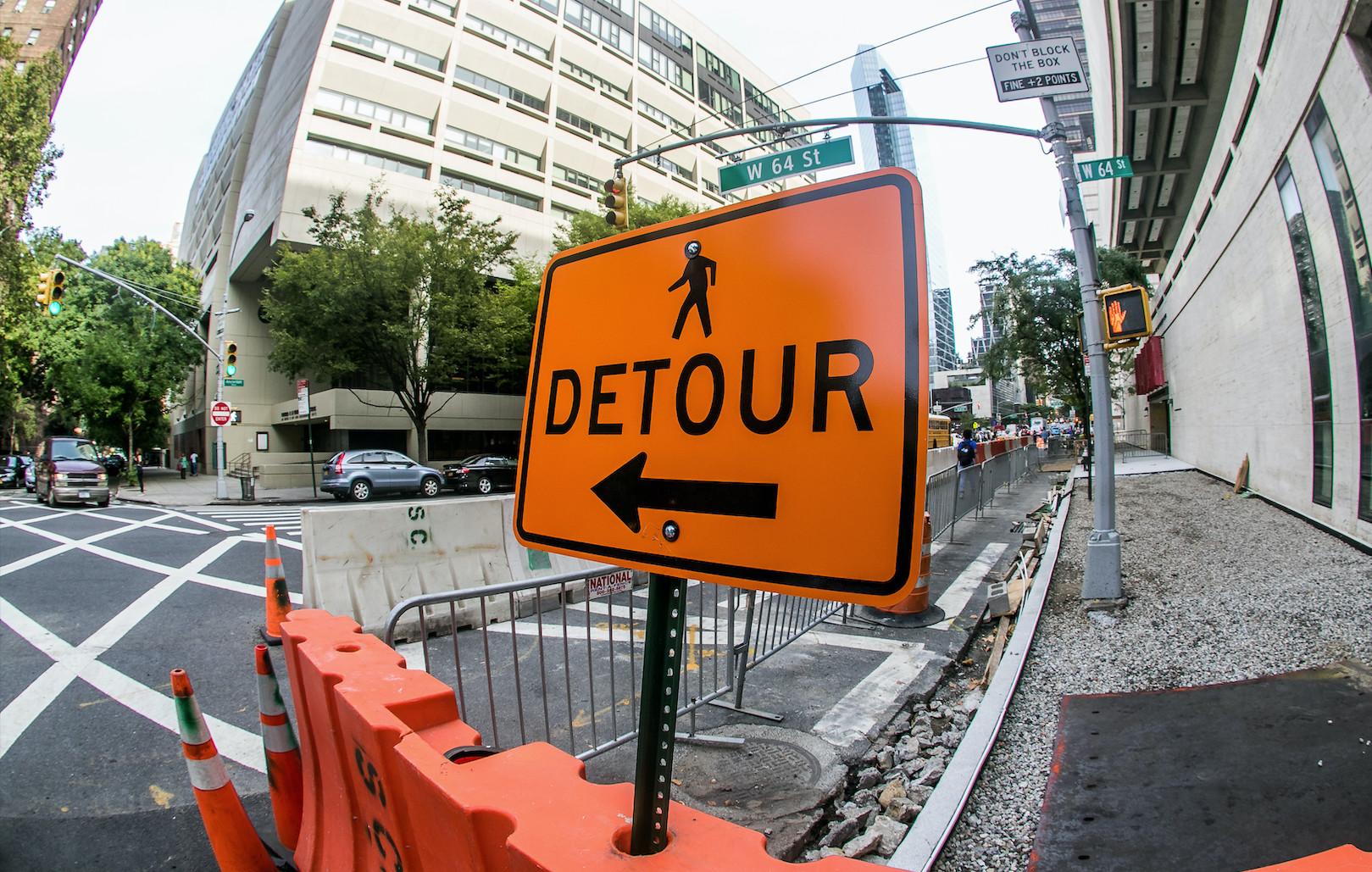
Sciences & Technology
The dual risks of natural disasters and COVID-19

Mark Quigley, Associate Professor in Earth Sciences discusses how the impacts of the 2010-2012 Canterbury earthquakes have many parallels to the current COVID-19 crisis – both inspired innovative responses
Published 27 May 2020
“A lot of people think of an earthquake as a one-off example, but [the after shocks from the 2010-2012 Canterbury earthquake] went on for a year and a half,” says Mark Quigley, Associate Professor of Active Tectonics and Geomorphology in the School of Earth Sciences at the University of Melbourne.
“At any time we could be sitting in our University or at home and just have this strong shaking come and just completely disrupt our world. Through all that, you had to try to keep your teaching curriculum going as best you could,” Professor Quigley says.

Sciences & Technology
The dual risks of natural disasters and COVID-19
“Those were the experiences I had in Christchurch, and they’re so analogous to what’s happening now on a whole bunch of levels.”
Professor Quigley describes how people can use challenging times as an opportunity to stimulate new alternatives.
“There will be opportunities here to better engage the underprivileged countries around the world with things like scientific conferences and meetings through virtual connections... that they never were able to afford through their own challenges that they might face.”
“As an earthquake scientist, I’ve been really fascinated by the fact that earthquakes are still happening, but there’s not the usual urban noise levels like cars, so we can study them now in urban environments with much more accuracy and precision than we ever would be able to.”
He asks “can we try – in the face of something that is affecting the entire globe, to find novelty and innovation in some of the approaches we’re taking?”
“Perhaps things like creating virtual materials that will benefit your academic communities and your students going forward?”
Episode recorded: April 6, 2020.
Interviewer: Dr Andi Horvath.
Producer and editor: Chris Hatzis.
Audio engineer: Arch Cuthbertson.
Co-production: Silvi Van-Wall and Dr Andi Horvath.
Banner image: Shutterstock